
Who is Patrick Douglas Scruggs? Former federal prosecutor accused of stabbing man in alleged road rage incident in Florida
As per repots, Patrick Douglas Scruggs 'stopped, exited his vehicle, approached Driver 1, broke out the side window, and began to stab Driver 1 multiple times with a pocket knife'
2023-10-01 19:46
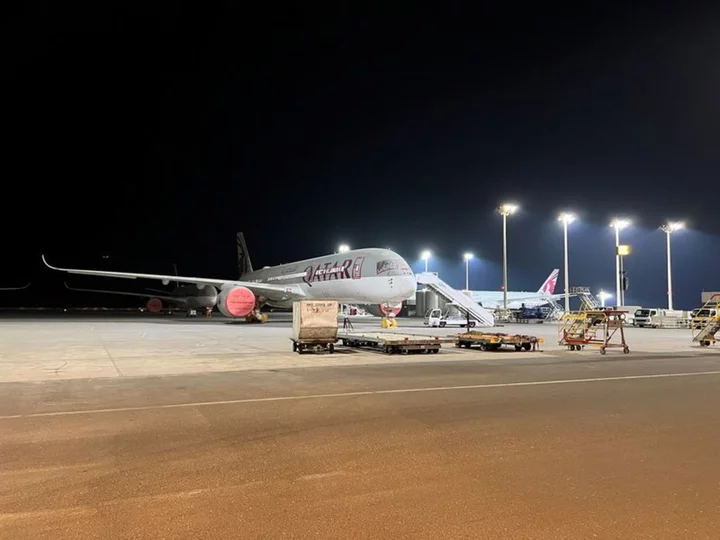
Australia says Qatar strip-searches of women in 2020 a factor in blocking extra flights
SYDNEY Australia said a strip-search of women at Qatar's main airport in 2020 played a part in its
2023-09-07 12:50
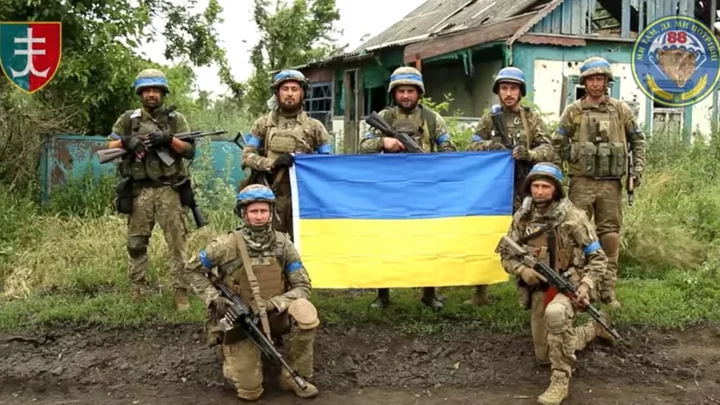
The Ukraine offensive: What will win it or lose it?
If Ukraine can split Russian troops in the south and hold the ground, its offensive will have been successful.
2023-06-13 01:16
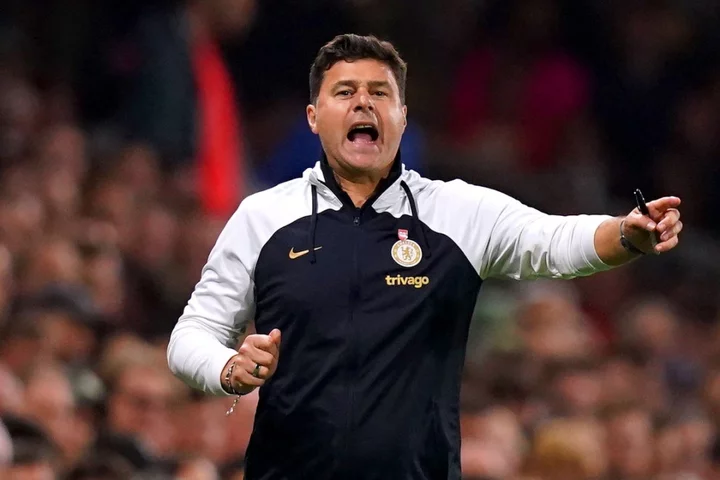
Chelsea need to find nasty streak and goals will come – Mauricio Pochettino
Mauricio Pochettino lamented that Chelsea were “not nasty enough” in attack as Brentford won 2-0 at Stamford Bridge to send his team to a third home Premier League defeat of the season. Victory for the visitors, earned with second-half goals from Ethan Pinnock and Bryan Mbeumo, maintained their 100 per cent record on this ground since being promoted to the top flight in 2021 and ended Chelsea’s run of three league games unbeaten. The hosts failed to take advantage of a first half that they largely dominated, going close through Noni Madueke who struck the crossbar on his first start of the season. Marc Cucurella should have made more of the chance when Cole Palmer found him unmarked inside the box with a finely weighted ball, the defender lacking the power and precision needed to trouble goalkeeper Mark Flekken. From there, familiar frailties crept into Chelsea’s play and it was little surprise when they fell behind on 58 minutes, Pinnock storming past the ineffectual Axel Disasi to get on the end of Mbeumo’s cross and power his header inside Robert Sanchez’s near post. The goalkeeper was left embarrassed in added time when he was caught out going up for a corner and left the goal empty for Mbeumo to tap home Brentford’s second. Chelsea’s woeful home form has seen them win only once at Stamford Bridge in the league since March, a run that now stands at 13 matches going back to March. And after failing to score here for the 10th time in all competitions in 2023, Pochettino was left to rue the ease with which the visitors coped with his side’s attacking threat. “It’s a clear analysis,” he said. “After the first half we should score and we didn’t. When you dominate and create chances, and you don’t concede chances and the opponent didn’t cross the halfway line, we should score. If you don’t score, you need to blame ourselves. We were not nasty or clinical in front of the goal. “Sometimes you need some luck to score. It would change the game in the second half. But I think we gave them belief because we didn’t score. The second half, we can’t concede the kind of goal that we conceded and that’s why we lost the game. “(We have had) bad luck. (Christopher) Nkunku proved he can score in the big leagues and was injured in the last pre-season game. This type of thing didn’t help. We need to recover (Armando) Broja. Nicolas Jackson is affected for different reasons, he’s young and needs time to adapt. That’s obvious.” The first half ended with the manager remonstrating with a supporter near the dugout who expressed dissatisfaction with Jackson’s lack of involvement. The striker had come to the touchline to receive instruction but was criticised from the stands for his performance, prompting Pochettino to come to his defence. “It was a moment where we all felt frustrated,” he said. “After 40 minutes we’d played really well and created chances, but didn’t score. In that moment the energy was down in the stadium. “(Jackson) came to me and we were talking about positions on the pitch and I gave some direction to him. One fan said ‘wake up’. I said to stop talking in this way, support the players, we need support. It was very respectful.” Brentford boss Thomas Frank reflected on a game in which his players weathered first-half pressure and grabbed their chances when they arrived. “I think our first half wasn’t that good,” he said. “Chelsea were good first half, you see their exciting potential. If I was a Chelsea fan I’d be positive about them. It’s a bad result (for them), but I’m convinced it will come. “I said at half time we need to believe, I didn’t see that enough in the first half. We didn’t give away big chances away, but we gave too much away. “The first goal always changes the dynamic of a game. The way we defended was fantastic.” Read More Matty Ashton at the double as England seal series win over Tonga Everton financial reports just another thing to deal with – Sean Dyche Steve Borthwick’s plans for England’s Six Nations campaign well under way England ‘feeling the heat’ of World Cup implosion – Marcus Trescothick Erik ten Hag admits Man Utd ‘have a way to go’ as they prepare for derby day Son Heung-min hails Guglielmo Vicario for ‘unbelievable saves’ in win at Palace
2023-10-28 23:51

Wanda Executive Taken Away by China’s Police, Local Media Says
A senior executive of Dalian Wanda Group Co. was taken away by police in China, according to a
2023-08-08 13:55
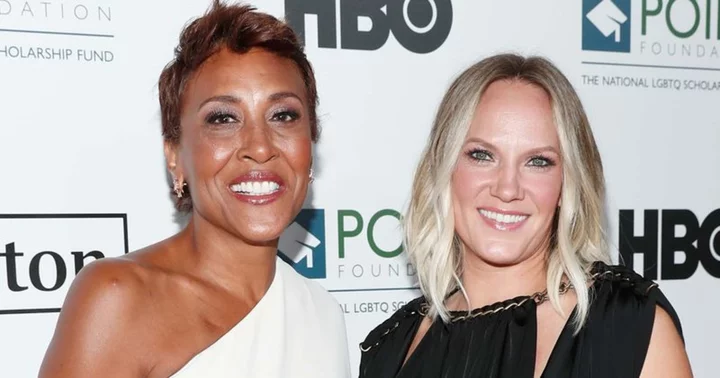
'GMA' host Robin Roberts, 62, teases details about wedding to Amber Laign, 44, as she responds to fan's comment
'GMA' host Robin Roberts and Amber Laign who met on a blind date have been together for nearly 18 years
2023-08-04 11:47
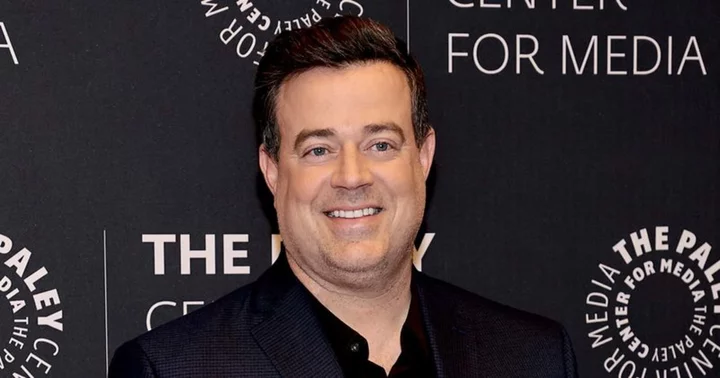
Carson Daly, 50, recalls struggle with anxiety disorder in early years of career: 'I was scared a lot'
Carson Daly shared that he currently feels better than he did in his 20s, attributing much of this improvement to progress in his mental health
2023-06-23 16:46
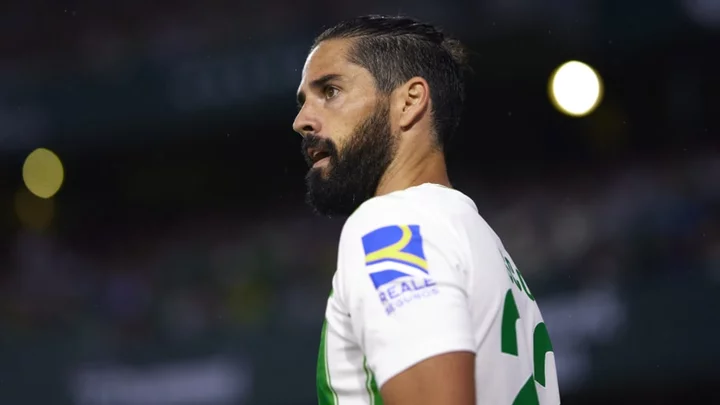
Former Real Madrid star admits he should have left sooner
Isco has spoken about his exit from Real Madrid and a difficult last few years.
2023-09-17 21:59

Fans are experiencing very complicated emotions about the new series of Love Island
A new series of Love Island is coming out and fans don't know what to think. Today, the dating show's official Twitter account announced the date of the next series and it is Monday 5 June - two weeks from now. And a press release for Love Island said: "Returning to ITVX and ITV2 in June, the Islanders must do their best to flirt, date and couple up in a bid to avoid being ‘dumped’ from the Island. "With new arrivals, heads may turn, while others will prove their true feelings. From romance and heart-to-hearts to betrayal, bombshells, and broken hearts, there’s never a dull moment in the ultimate search for love. "More texts, fire pit gatherings, and challenges await the lovestruck Islanders, meaning there’ll be plenty for them to dish the dirt on in the Beach Hut. Sign up to our free Indy100 weekly newsletter “Twists and turns will follow every step of the way, with shock recouplings, unexpected breakups and dramatic dumpings.” This will be the 10th series of the show and as with last winter's series, it will be presented by Maya Jama. But as the winter series felt quite recent, and 10 series is quite a lot of series indeed, fans felt conflicted, with many expressing that they could not be bothered for a new series, but would be glued to their seats watching it all anyway. This is Love Island's world, and we are all just living in it. Have your say in our news democracy. Click the upvote icon at the top of the page to help raise this article through the indy100 rankings.
2023-05-25 01:51
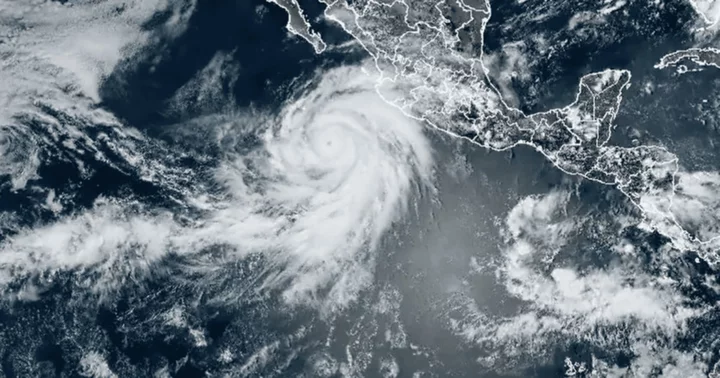
Hurricane Hilary: 5 things SoCal residents need to know as category 4 storm barrels towards them
Hurricane Hilary is set to bring 'once in a century' levels of rain to Southern California over the weekend, with locals warned to prepare
2023-08-19 15:55

Who is Lawrence Faucette? Terminally ill Maryland man now becomes second patient to live with a pig's heart
Lawrence Faucette is now breathing independently, and his heart is functioning without the need for any supportive devices following the surgery
2023-09-23 19:22
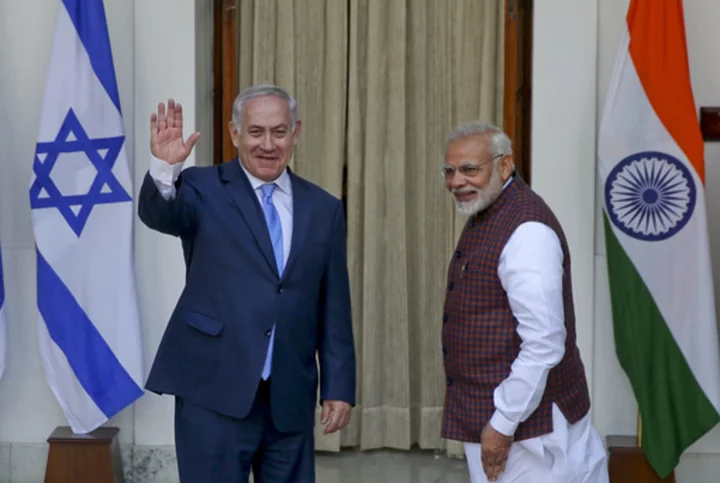
India bars protests that support the Palestinians. Analysts say a pro-Israel shift helps at home
From Western capitals to Muslim states, protest rallies over the Israel-Hamas war have made headlines
2023-11-08 13:24
You Might Like...
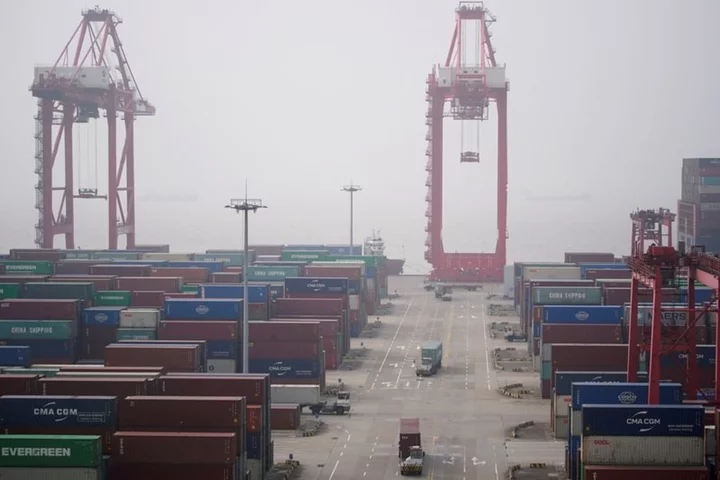
China says graphite export curbs not targeted at specific sector
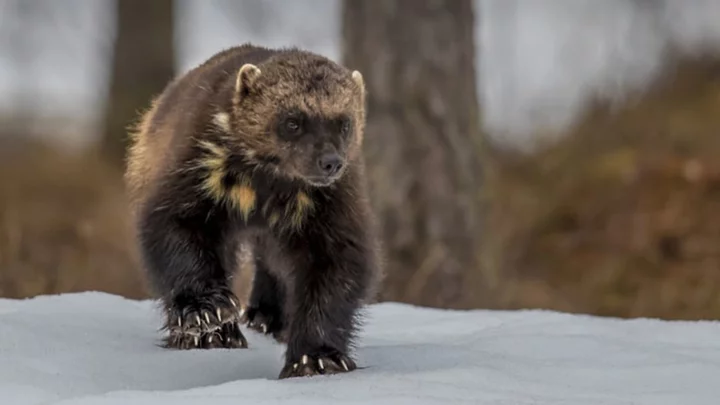
11 Fierce Facts About Wolverines

In victory for Trump, Florida GOP won't require signing loyalty oath to run in presidential primary

Ryan Seacrest's throwback snap has fans swooning over soon-to-be 'Wheel of Fortune' host, say 'love this photograph'
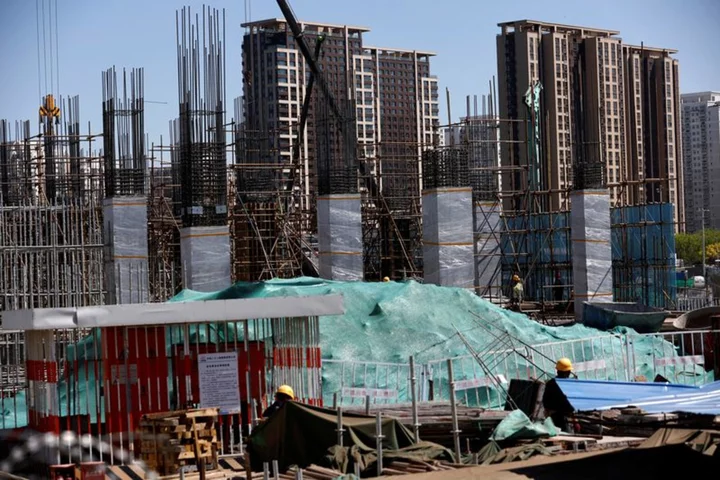
Analysis-China moves to shut a lifeline for cash-strapped local governments

Donald Trump criminal trial is set for March 2024; judge informs Trump what he can't say about hush money case

Swiss parliamentary investigation into Credit Suisse collapse gets underway

'Conversation has commenced' with North Korea over US solider, United Nations Command says
